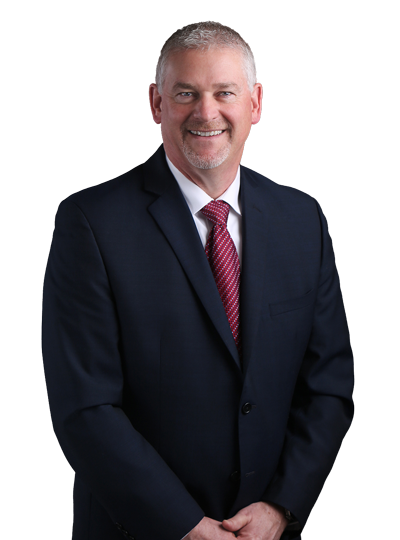
At Todd-Wadena Electric Cooperative, our mission is centered around serving you—our members—with safe, reliable, and affordable electricity. But what truly sets us apart from other utilities is our not-for-profit business model. When you receive electric service from Todd-Wadena, you’re not just a customer; you’re an owner. And one of the most visible ways that cooperative ownership benefits you is through capital credits.
I’m pleased to share that Todd-Wadena’s Board of Directors has officially allocated capital credits for 2024. This means we’ve calculated each member’s share of the margins (or profits) the cooperative earned last year and assigned it to your capital credit account based on how much electricity you purchased in 2024.
What is a Capital Credit Allocation?
Each year, after the cooperative pays its expenses—including power costs, system maintenance, and operations—any remaining margins are allocated back to members. This allocation is not a bill nor an immediate payment, but rather a record of your share of the cooperative’s earnings. It reflects your equity in Todd-Wadena and helps us maintain a strong financial foundation so we can continue to invest in our infrastructure and services.
You will receive a capital credit allocation notice in your August billing statement, which details how much was allocated to your account this year from both Todd-Wadena Electric Cooperative and Great River Energy. This is your piece of the cooperative’s success, a direct reflection of the cooperative difference.
Allocation vs. Retirement
It’s important to distinguish between the allocation of capital credits and the retirement of capital credits. While allocation records your share of the margins for the year, retirement is when we actually pay back a portion of those funds to you.
Currently, Todd-Wadena’s retirements are made roughly 15 years after the original allocation to ensure the cooperative maintains the financial strength needed to serve all members reliably. More information on that will be shared in the coming months. The 2025 capital credit retirement will be shared and dispersed later this year.
The Cooperative Difference
Capital credits represent one of the most powerful distinctions between a member-owned cooperative and an investor-owned utility. Rather than generating profits for shareholders, we return value directly to the people we serve. It’s just one way we stay true to our values as a cooperative.
Daniel Carlisle
President/CEO & General Counsel
